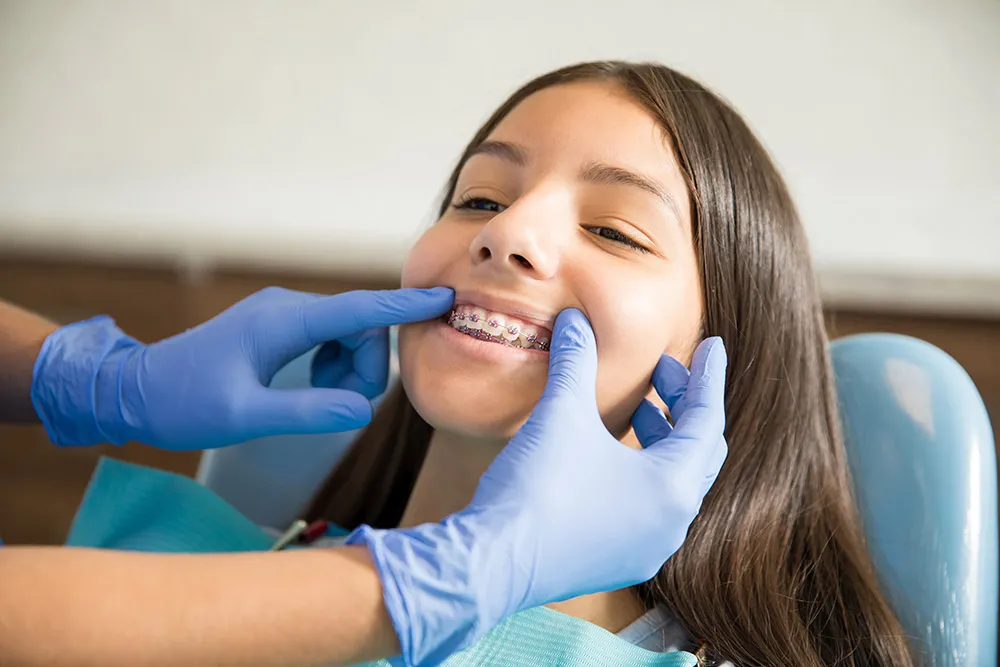You may have heard of some of the more common orthodontic issues. Underbites, overbites and crowded teeth are fairly familiar to many people, even those who have never been through orthodontic treatment. However, one of the less familiar issues is a crossbite. Crossbites can have the ability to really impact your dental health if left untreated, causing problems and discomfort that can worsen you as you age.
So, what is a crossbite and how can it be fixed? Let’s delve into the world of crossbites to discover just what they are and how serious they can be for you.
What Causes a Crossbite?
This type of malocclusion is where the top and bottom teeth don’t line up. The reasons for a crossbite forming can include:
- Abnormal tooth eruption
- Genetics
- Habits, like thumb-sucking
Sometimes, losing baby teeth can be delayed, which in turn, can cause an abnormal line-up of the teeth on the upper and lower jaws. Simply put, the top teeth don’t line up with their corresponding ‘partner’ on the bottom jaw. This can also be due to genetics. The lower jaw bone may have developed beyond the upper jaw. And finally, habits like thumb sucking and mouth breathing can also cause a crossbite to form, affecting the width of the palate.
How to Treat a Crossbite
At an early age, two-phase orthodontic treatment may be recommended to treat a crossbite. For example, an expander may be put in place to help widen the upper palate, then a limited set of braces will be prescribed to help align the upper front teeth. For someone in their late teens, or an adult, surgery is also an option in some cases. The severity of your crossbite, coupled with your age will determine the best course of action for your situation.
If Left Untreated
If a crossbite isn’t treated, the person will experience abnormal wear and tear on the teeth, causing the teeth to be worn down in an uneven way, and prematurely. Crossbites can also lead to issues with the jaw, which can cause pain in the mouth, neck and shoulders. This can advance as the person gets older, so attacking this problem as soon as possible is recommended. In children especially, uneven jaw growth can cause problems like joint disorders, which can prove to be extremely uncomfortable as they age.
Your Next Steps
It’s important to seek the help of an orthodontist, who can evaluate the severity of your crossbite and recommend the right treatment plan, so you can work toward correcting this issue. Unlike other more minor orthodontic problems, crossbites have the potential to cause extreme damage and discomfort, especially if left untreated, and the older you get, the more discomfort you can expect. Oftentimes, letting this problem go unattended can lead to surgery, which can cause significant downtime in your schedule.
So, be sure to enlist the help of an orthodontic professional as soon as possible to help you correct this issue and avoid the pain and discomfort associated with this type of malocclusion.
At Charleston Orthodontic Specialists, our team is ready to help! Call (843) 4-BRACES to get started with your orthodontic treatment plan today.
